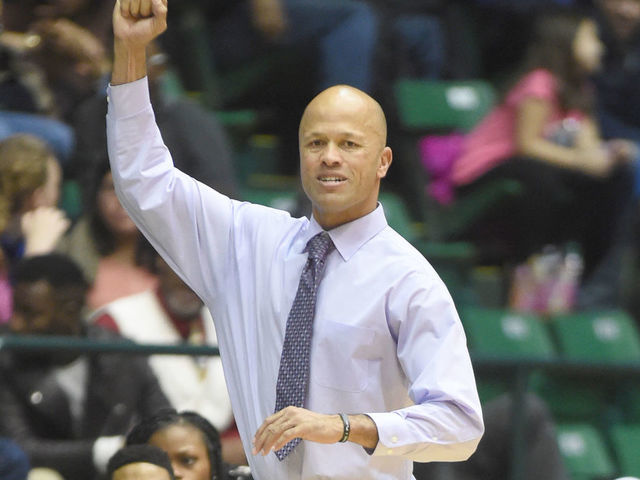 (The Atlantic Education) — Caleph Wilson, an immunologist at the University of Pennsylvania medical school, always loved science, but even as a teenager he didn’t have his heart set on being a doctor. None of his family members had college degrees, and Wilson enjoyed working with his hands; he had an after-school job on a construction site building cabinets out of wood. Wilson was a good student and generally stayed out of trouble, although he says that in middle school, “There were a couple of instances where I was really excited about taking a test, but because I was a young black male student, my teacher took that the wrong way and I ended up in in-school suspension.”
(The Atlantic Education) — Caleph Wilson, an immunologist at the University of Pennsylvania medical school, always loved science, but even as a teenager he didn’t have his heart set on being a doctor. None of his family members had college degrees, and Wilson enjoyed working with his hands; he had an after-school job on a construction site building cabinets out of wood. Wilson was a good student and generally stayed out of trouble, although he says that in middle school, “There were a couple of instances where I was really excited about taking a test, but because I was a young black male student, my teacher took that the wrong way and I ended up in in-school suspension.”
After graduating from high school in Mississippi, Wilson enrolled in Alcorn State University, a historically black institution in Lorman. After a semester of excelling in biology courses—combined with his desire to “do something that my hometown peers were not doing”—Wilson declared a pre-med major. Though his family was very supportive, he said, some people weren’t so enthusiastic about his career choice. When he visited home during a college break, Wilson told his former football coach that he had declared a pre-med concentration. The coach looked confused, according to Wilson, and asked if he was still building cabinets. “It’s if he was saying, ‘You should probably keep that skill because I don’t think you’ll make it [as a doctor],’” Wilson said. “That’s how I interpreted it.” Many of Wilson’s teachers perhaps doubted that he—and his black peers—could take on such challenging and competitive disciplines.
Science, technology, engineering, and math—or STEM—fields notoriously lack racial diversity; Hispanics, African Americans and Native Americans make up 26 percent of the country’s workforce but only 10 percent of STEM positions. To change this disparity, many organizations and individuals have endeavored to engage students in STEM at all stages of their academic lives. College is often the culmination of these efforts, the point at which students decide if they want to pursue careers in the sciences. To succeed, they need both technical skills and “soft skills” like communication and professionalism. Historically Black Colleges and Universities are providing exactly that: With finite resources, they prepare thousands of minority students for careers in STEM every year, trying to minimize the obstacles that these students will almost certainly face because of their background.
“My philosophy has always been that training underrepresented minorities is not for just them alone—anything you do to help them is of value to anyone else,” said Andrew G. Campbell, a medical science professor at Brown University. “We have a workforce [in STEM] that’s not diverse.” By investing in minority students, Campbell said, the school is investing in a stronger overall workforce.
African American students face numerous challenges even in the path leading up to college. Some black students skip out on STEM careers altogether, discouraged by negative stereotypes and self-doubt, according to a 2011 article in BET. Socioeconomic factors can also undermine black students’ exposure to STEM, often because they attend schools lacking computers, which could expose them to new career paths and spark interest in the fields. READ FULL



